Sila-e-Mohabbat Drama Review: Sila-e-Mohabbat (Urdu for “A Connection of Love”) captured Pakistani audiences with its passionate narrative. The drama, penned by ace writer Mona Haseen and directed by Momina Duraid, explores a complex web of love, betrayal, and ultimately, the power of forgiveness. While boasting a stellar cast and emotionally charged moments, Sila-e-Mohabbat also raises questions about character motivations and the portrayal of certain social issues.
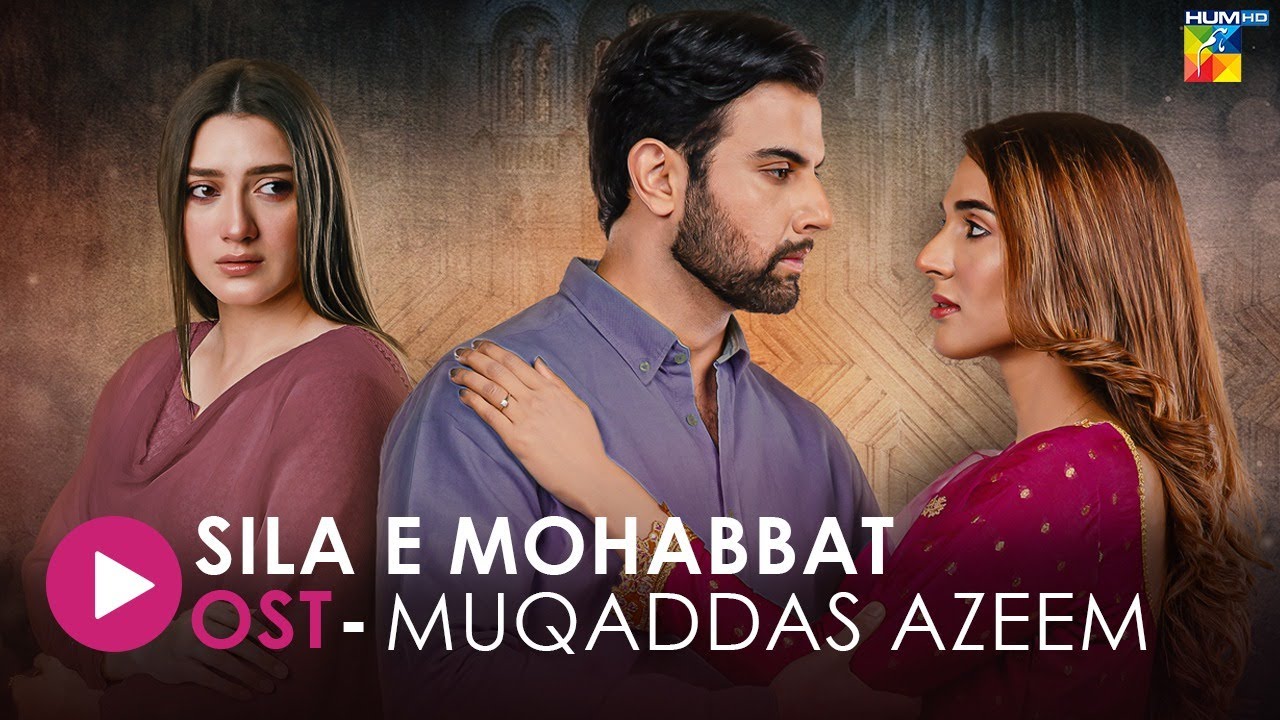
A Gripping Beginning: Forbidden Love and Sacrificial Duty
The drama opens with a captivating introduction to Mehrbano (Iqra Aziz) and Zaroon (Minhaj Gul). Their undeniable chemistry fuels a blossoming love story, forbidden due to their families’ longstanding feud. Enter the brooding and conflicted Bilal (Mikaal Zulfiqar), Mehrbano’s cousin, who harbors unspoken feelings for her. This love triangle sets the stage for a series of emotional entanglements and difficult choices.
Strengths: A Powerhouse Cast and Evocative Storytelling
Sila-e-Mohabbat boasts a powerful cast. Iqra Aziz delivers a compelling performance as the strong-willed Mehrbano, torn between love and family loyalty. Minhaj Gul portrays Zaroon’s intensity with conviction, and Mikaal Zulfiqar captures Bilal’s internal conflict with nuance. Mona Haseen’s writing creates emotionally charged scenes that draw viewers into the characters’ struggles.
Love, Loss, and the Consequences of Deception
The narrative takes a dark turn when Zaroon, fueled by a misunderstanding, disappears from Mehrbano’s life. This deceit sets off a chain of events that leads to Mehrbano’s forced marriage to Bilal. The exploration of love lost, sacrifice for family honor, and the devastating impact of deception forms the emotional core of the drama.
A Flawed Hero and Questions of Morality
Zaroon’s character arc becomes a point of contention. While his initial love for Mehrbano is undeniable, his impulsive actions and failure to communicate effectively lead to significant emotional turmoil for everyone involved. Viewers may struggle to understand or forgive his decisions, creating a grey area in the portrayal of the hero.
The Power of Forgiveness: A Beacon of Hope
Despite the hardships, the drama ultimately emphasizes the power of forgiveness. Mehrbano, despite the pain inflicted by Zaroon, finds the strength to forgive him. This theme, while heartwarming, could have been explored with greater depth to fully resonate with the audience.
Social Commentary: Family Honor and Gender Roles
Sila-e-Mohabbat subtly touches on social issues prevalent in Pakistani society. The concept of family honor, often placed above personal happiness, is brought to light through the characters’ struggles. Similarly, the drama explores the limitations placed on women’s choices, particularly regarding marriage and societal expectations.
A Missed Opportunity for Deeper Exploration
While the drama touches upon social issues, it doesn’t delve deeply enough to offer meaningful commentary. The portrayal of family honor, for example, could have been used to spark conversation about societal change, but instead remains a backdrop to the central love story.
Beyond the Narrative: Parallels and Comparisons
Comparisons can be drawn between Sila-e-Mohabbat and other Pakistani dramas that explore similar themes. Dramas like “Daam” and “Khamoshi” also feature forbidden love and societal constraints. Analyzing these similarities and differences can offer a broader perspective on the evolution of storytelling in Pakistani television.
Sila-e-Mohabbat’s captivating narrative transcends the realm of a simple love story. Embedded within its passionate core lies a subtle commentary on social issues plaguing Pakistani society. However, the drama fails to fully capitalize on its potential for deeper exploration, leaving viewers with lingering questions and a sense of missed opportunity.
The Burden of Family Honor: A Catalyst for Conflict
The concept of family honor, often prioritized above personal happiness, serves as a central conflict driver in Sila-e-Mohabbat. The longstanding feud between Mehrbano and Zaroon’s families exemplifies the destructive nature of this tradition. Their blossoming love becomes a casualty, highlighting the societal pressure to prioritize family pride over individual desires. The drama, however, doesn’t delve into the complexities of challenging this tradition.
Gender Roles: Limited Choices and Societal Expectations
The narrative subtly portrays the limitations placed on women’s choices, particularly regarding marriage. Mehrbano’s forced marriage to Bilal underscores the societal pressure to conform to pre-defined roles. While the drama showcases her strength in enduring these hardships, it doesn’t explore the potential for change or female agency in defying such expectations.
A Missed Opportunity for Social Discourse
Sila-e-Mohabbat lays the groundwork for meaningful social commentary but fails to deliver a profound message. The portrayal of family honor, for instance, could have sparked conversations about the need for societal change. Similarly, highlighting the limitations placed on women could have empowered viewers to advocate for greater female agency. However, the drama prioritizes the central love story, leaving these deeper themes underdeveloped.
Parallels and Departures: Comparing Sila-e-Mohabbat to its Counterparts
Comparing Sila-e-Mohabbat to dramas like “Daam” and “Khamoshi” reveals both similarities and departures in their approach to social commentary. While all three explore forbidden love and societal constraints, “Daam” offers a more critical look at the manipulative nature of family honor. “Khamoshi,” on the other hand, focuses on the emotional toll of unspoken feelings. Analyzing these comparisons allows viewers to appreciate the evolving portrayal of social issues within Pakistani television narratives.
The Power of Storytelling: A Catalyst for Change
Despite its shortcomings, Sila-e-Mohabbat highlights the potential of Pakistani dramas to spark dialogue about social change. By subtly weaving social commentary into the narrative, the drama encourages viewers to question traditional norms and societal expectations. While the drama itself doesn’t provide definitive answers, it paves the way for further discussion and introspection.
Looking Forward: The Role of Female Writers in Shaping the Narrative
The challenges faced by female writers in the Pakistani television industry deserve mention. Their unique perspectives can significantly impact the portrayal of social issues and female characters. As more female writers gain prominence, Pakistani dramas can move beyond romanticized portrayals and delve deeper into the complexities of social issues, particularly those affecting women.
Conclusion: A Passionate Drama with Room for Growth
Sila-e-Mohabbat is a captivating drama that explores the complexities of love, loss, and forgiveness. The talented cast delivers powerful performances, and the narrative offers emotionally charged moments. However, the drama falls short in fully exploring its social commentary and some character motivations remain unclear. Nevertheless, Sila-e-Mohabbat remains a compelling watch, sparking discussions about love, sacrifice, and the importance of forgiveness in a society grappling with tradition and change.
Share this content:
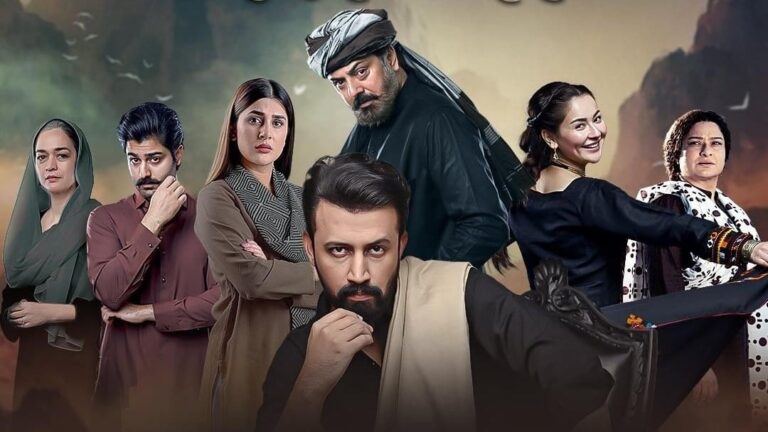
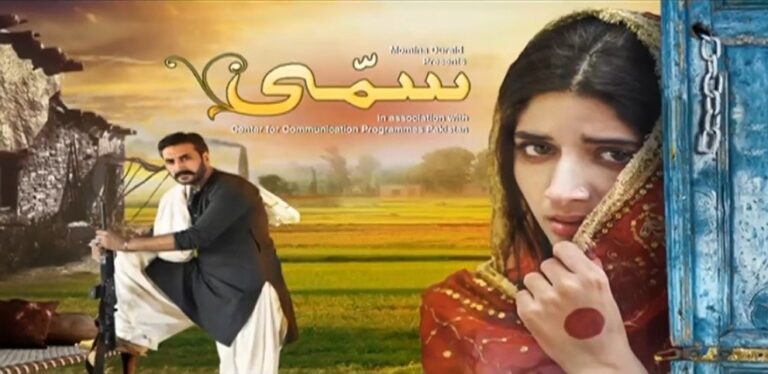
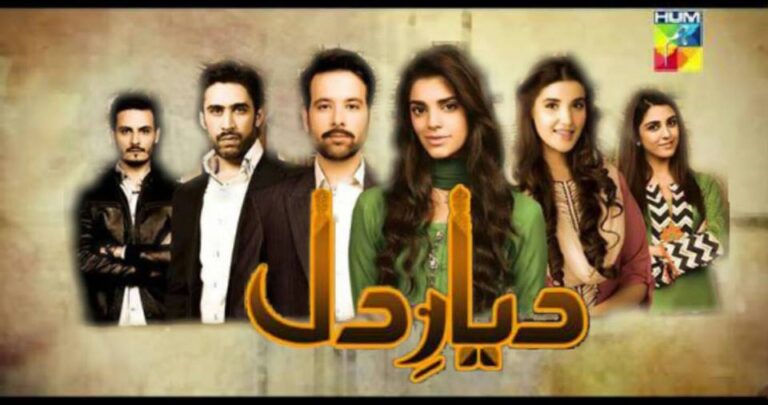
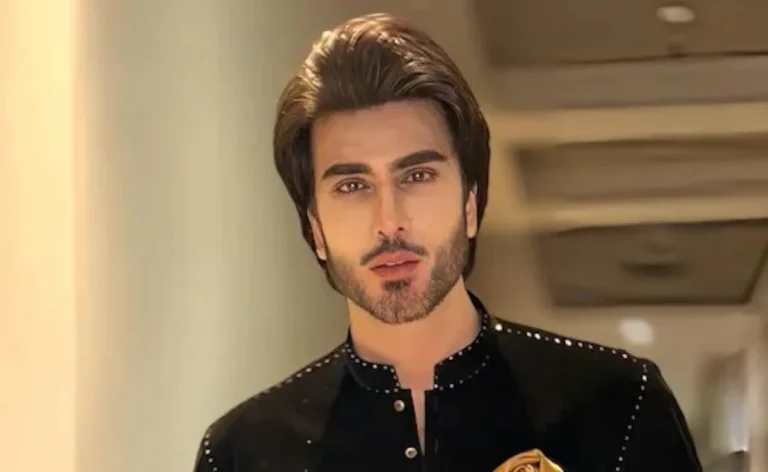
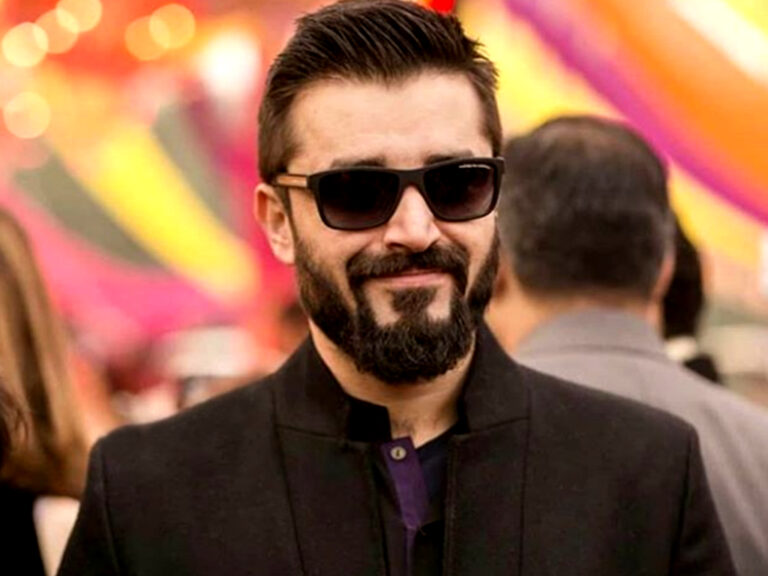
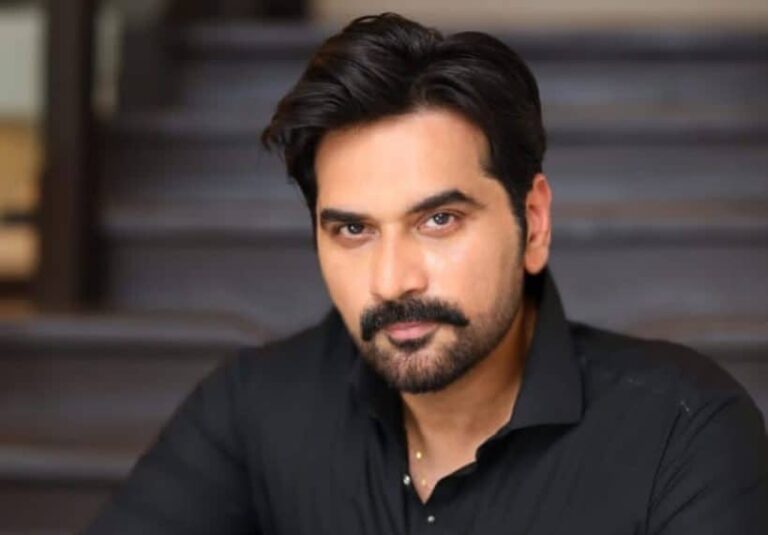
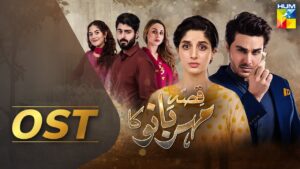
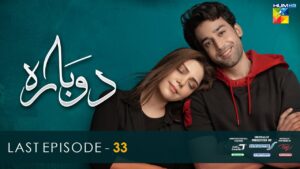
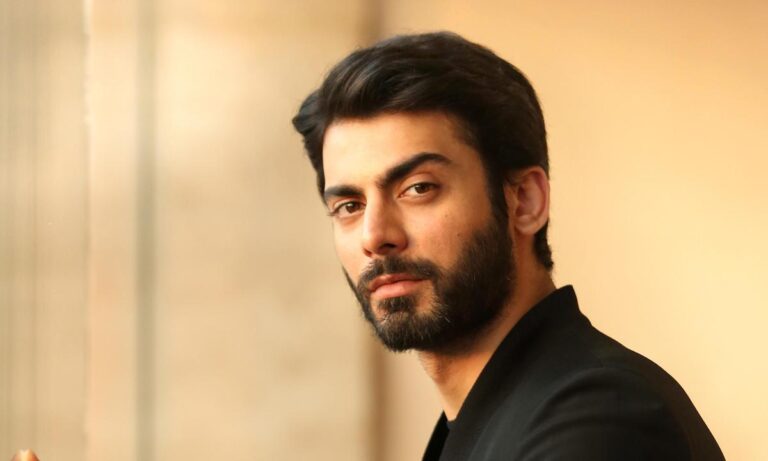
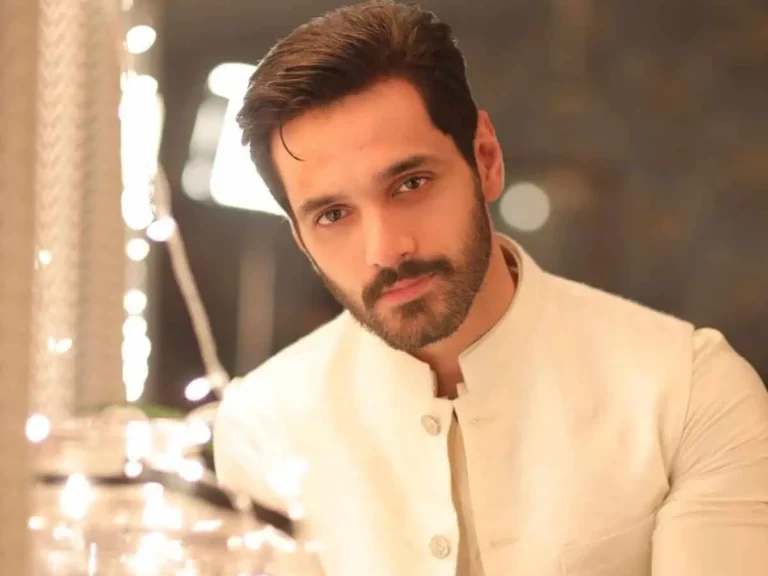
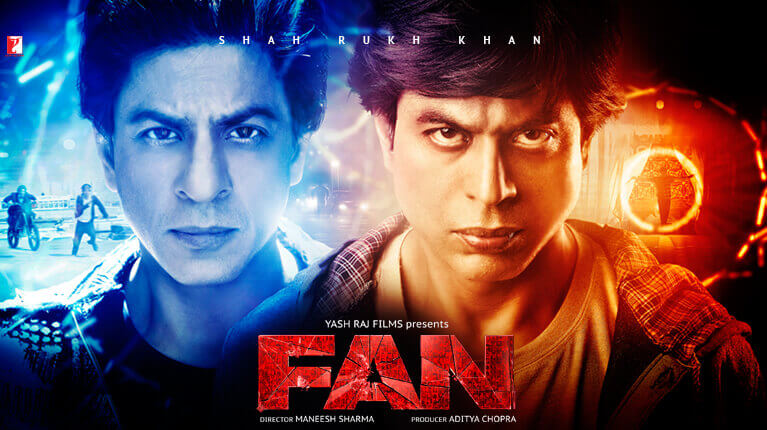
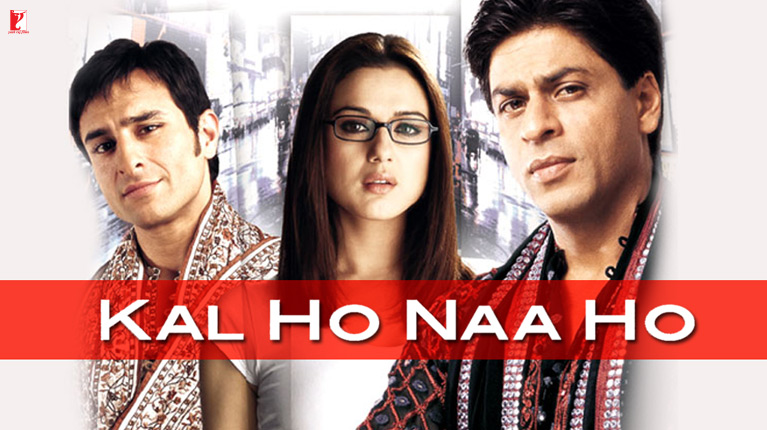
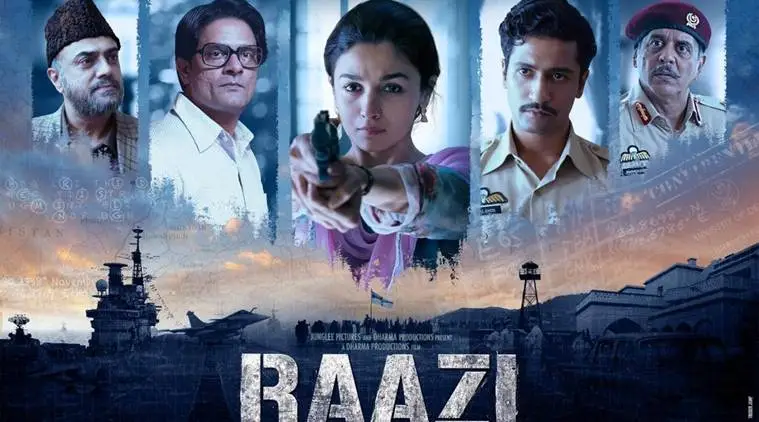
+ There are no comments
Add yours